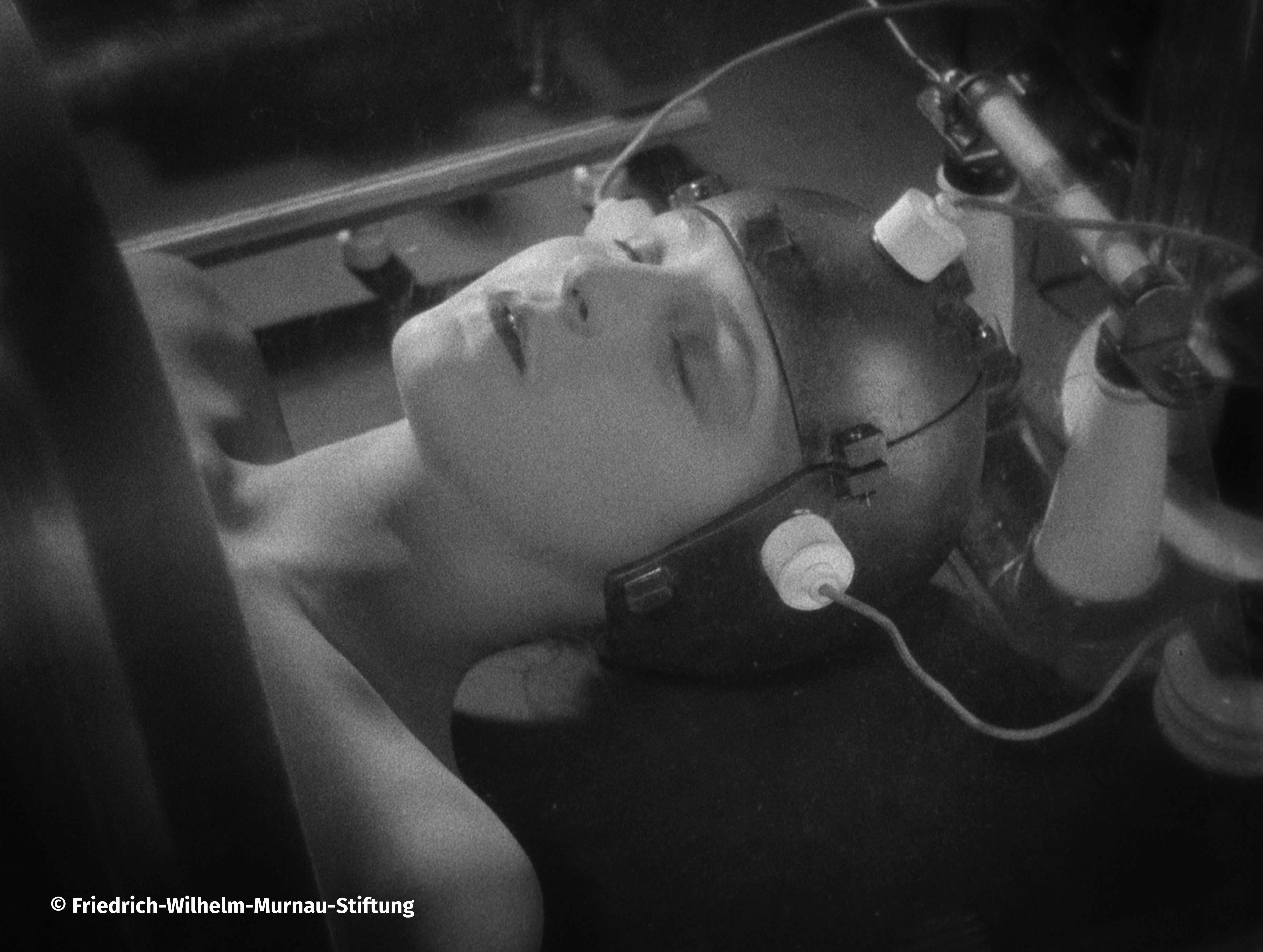It all started in Buenos Aires in 2008. The METROPOLIS restoration project, began with the surprise discovery of a long-forgotten unique version of the film, including scenes that were previously believed lost. It is these new parts that sets METROPOLIS apart from the earlier, substantially shorter 1988 and 2001 versions. Against the breath-taking science fiction background, the human element has been given a more prominent role, adding a different slant to the storyline.
The music plays a crucial role in the reconstructed montage of the premiere version, the primary source being the original score by Gottfried Huppertz. On the basis of more than 1000 synchronous points Huppertz made in the score, the sequence of the settings could be reconstructed precisely. The music, which was already created during the shooting, is an integral part of the film and is an early testimony to the close collaboration between composer, screenwriter and director.
Huppertz succeeds in creating a complementary (emotional) space for what Fritz Lang constructs on film. The music illuminates the cinematic action from within, as it were, bringing out the protagonists’ states of mind and establishing the appropriate atmosphere depending on the situation. Similar to Richard Wagner’s operas, numerous leitmotifs show the viewer the way through the film. And in his choice of tonal language, Huppertz also revives the musical late romanticism – but not exclusively: Huppertz also integrates jazz and machine music into his score, thus opening his score to the tonal language of the twentieth century.
The new edition of the score, which is strictly based on the original manuscripts preserved at the Filmmuseum Berlin, is published by the European Filmphilharmonic Institute as a critical-editorial performance edition.
Story: METROPOLIS – the vision of a city of the future. Political and economic power in Metropolis centres on one person: From the ‘New Tower of Babel’, Joh Fredersen reigns like an absolute monarch over Upper Town and Lower Town. Among them is Freder, son of the most powerful man in Metropolis and “brain” of the city. One day Freder meets Maria, who gives hope to the workers with her sermons of love and classlessness. The false Maria challenges Freder‘s love and starts the cataclysmic worker’s rebellion. When he sees with his own eyes the inhumane living conditions of the workers, the desire grows in him to become one of them.

